Agriculture & Food
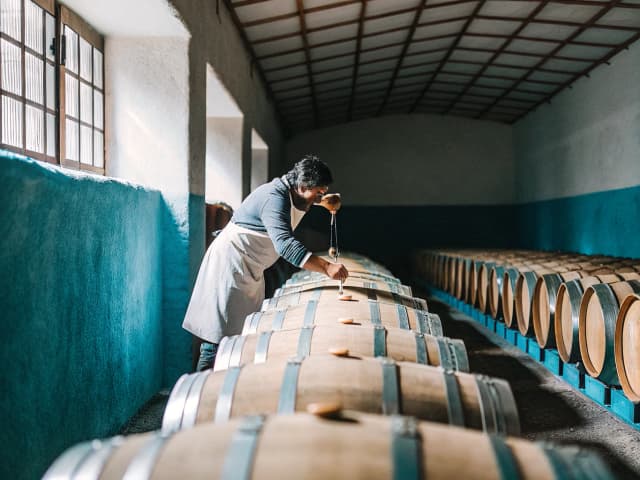
Beverages: alcohol permits: container labeling.
Adds estate tasting event permit for winegrowers with 36 events/year cap and $100 per event. Permits storage, aging, tastings, and off-site sales for master-branch licenses at the same premises. Requires machine-readable marks at least 1/2 inch and allows chasing arrows inside labels. Extends CRV exemptions to July 1, 2026 for new containers and July 1, 2025 for those labeled.
Beverages: alcohol permits: container labeling.

Adds estate tasting event permit for winegrowers with 36 events/year cap and $100 per event. Permits storage, aging, tastings, and off-site sales for master-branch licenses at the same premises. Requires machine-readable marks at least 1/2 inch and allows chasing arrows inside labels. Extends CRV exemptions to July 1, 2026 for new containers and July 1, 2025 for those labeled.

Online marketplaces: illicit cannabis: reporting and liability.
Creates online cannabis and hemp marketplace regimes with license verification. Requires terms of service to disclose license status and verify licenses via a lookup. Mandates a reporting mechanism with confirmation, updates, and final determination. Imposes liability for unlawful paid ads with penalties and defenses; operative July 1, 2026.
Online marketplaces: illicit cannabis: reporting and liability.

Creates online cannabis and hemp marketplace regimes with license verification. Requires terms of service to disclose license status and verify licenses via a lookup. Mandates a reporting mechanism with confirmation, updates, and final determination. Imposes liability for unlawful paid ads with penalties and defenses; operative July 1, 2026.

Cannabis: cannabinoids: industrial hemp.
Updates hemp rules to MAUCRSA and 0.3 percent total THC cap. Prohibits hemp raw extract in foods unless purity greater than 99 percent and no THC. Expands track-and-trace to cover cannabis, hemp, and products with APIs. Imposes labor peace rules, OSHA training, and tougher penalties for unlicensed activity.
Cannabis: cannabinoids: industrial hemp.

Updates hemp rules to MAUCRSA and 0.3 percent total THC cap. Prohibits hemp raw extract in foods unless purity greater than 99 percent and no THC. Expands track-and-trace to cover cannabis, hemp, and products with APIs. Imposes labor peace rules, OSHA training, and tougher penalties for unlicensed activity.
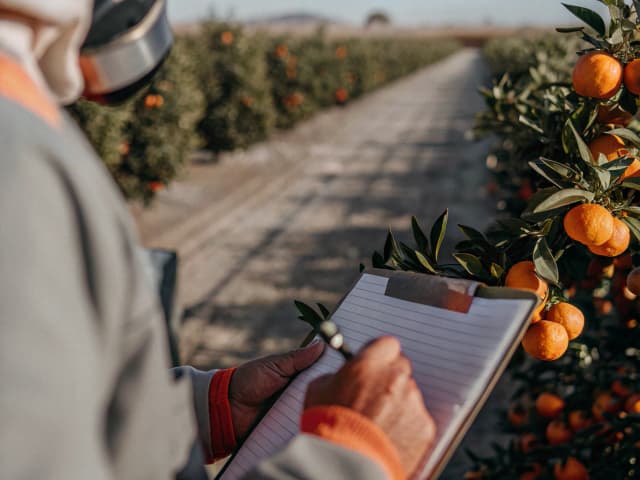
Agriculture: neglected or abandoned crops: public nuisances: pests.
Establishes temporary civil penalties for pest-related public nuisances. Sets penalties up to $500 per acre, escalating to $1,000 per acre if unrectified. Imposes 30-day notice, hearing rights, multilingual notices, and IPM extension referrals. Sunsets January 1, 2035; lien remedy remains as an alternative.
Agriculture: neglected or abandoned crops: public nuisances: pests.

Establishes temporary civil penalties for pest-related public nuisances. Sets penalties up to $500 per acre, escalating to $1,000 per acre if unrectified. Imposes 30-day notice, hearing rights, multilingual notices, and IPM extension referrals. Sunsets January 1, 2035; lien remedy remains as an alternative.
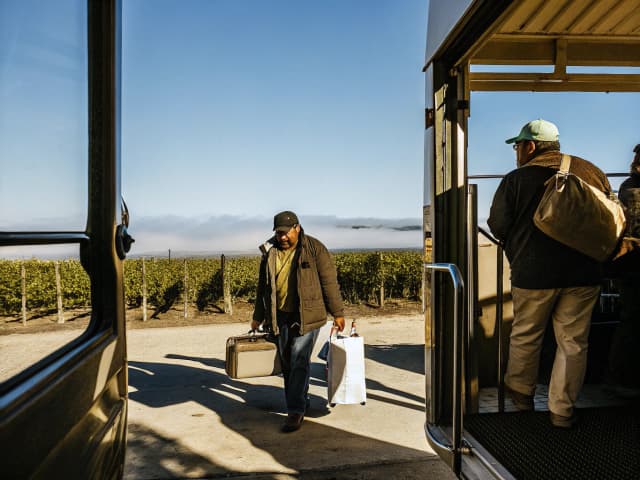
Foreign labor contractor registration: agricultural workers.
Expands foreign labor contractor rules to H-2B workers now and H-2A from July 1, 2027. Requires farm labor contractors performing foreign labor contracting to register and list visa programs used. Introduces tiered bonds by receipts and requires a 60-day top-up after judgments. DIR studies extending registration to other visa programs by Jan 1, 2028, with a sunset in 2029.
Foreign labor contractor registration: agricultural workers.

Expands foreign labor contractor rules to H-2B workers now and H-2A from July 1, 2027. Requires farm labor contractors performing foreign labor contracting to register and list visa programs used. Introduces tiered bonds by receipts and requires a 60-day top-up after judgments. DIR studies extending registration to other visa programs by Jan 1, 2028, with a sunset in 2029.

Medicinal cannabis: shipments.
Authorizes temporary in-state shipments to medicinal cannabis patients by M-license microbusiness. Requires shipments via common carrier with 21+ recipient and daily possession limits. Prohibits most products; allows tinctures, topicals, full-spectrum oils, outdoor flower. Sunsets the shipment framework and enforcement on January 1, 2029.
Medicinal cannabis: shipments.

Authorizes temporary in-state shipments to medicinal cannabis patients by M-license microbusiness. Requires shipments via common carrier with 21+ recipient and daily possession limits. Prohibits most products; allows tinctures, topicals, full-spectrum oils, outdoor flower. Sunsets the shipment framework and enforcement on January 1, 2029.
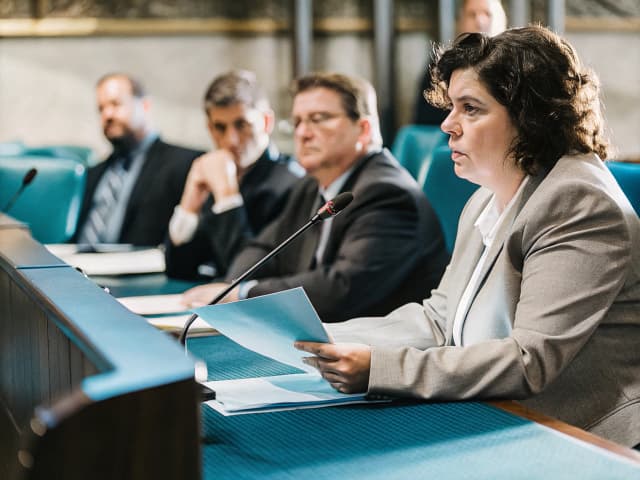
Food assistance: disasters: utilities.
Establishes a data-sharing framework linking utilities with CDSS to maximize disaster food assistance. Requires IOUs and LPUs to provide aggregated ZIP Code outage data within seven days for 4+ hour outages. Data shall include outage dates, duration, counties, ZIP Codes, and residential counts with no personal data. Requires CDSS to maximize federal benefits and file a 2026 Legislature report, with sunset in 2030.
Food assistance: disasters: utilities.

Establishes a data-sharing framework linking utilities with CDSS to maximize disaster food assistance. Requires IOUs and LPUs to provide aggregated ZIP Code outage data within seven days for 4+ hour outages. Data shall include outage dates, duration, counties, ZIP Codes, and residential counts with no personal data. Requires CDSS to maximize federal benefits and file a 2026 Legislature report, with sunset in 2030.

Farmland Access and Conservation for Thriving Communities Act.
Establishes a new land-access program to aid beginning and disadvantaged farmers. Requires transfer or long-term lease to qualified farmers within five years of land acquisition. Allocates at least one-third of funding to tribal groups and caps admin costs at 15%.
Farmland Access and Conservation for Thriving Communities Act.

Establishes a new land-access program to aid beginning and disadvantaged farmers. Requires transfer or long-term lease to qualified farmers within five years of land acquisition. Allocates at least one-third of funding to tribal groups and caps admin costs at 15%.

Dog importation: health certificates.
Creates a new health certificate regime for imported dogs under the CDFA. Requires certificates dated within 10 days and transmitted electronically to the CDFA and the buyer. Designates health certificates as public records and retains them for five years. Repeals current dog health certificate rules and shifts oversight from counties to CDFA.
Dog importation: health certificates.

Creates a new health certificate regime for imported dogs under the CDFA. Requires certificates dated within 10 days and transmitted electronically to the CDFA and the buyer. Designates health certificates as public records and retains them for five years. Repeals current dog health certificate rules and shifts oversight from counties to CDFA.
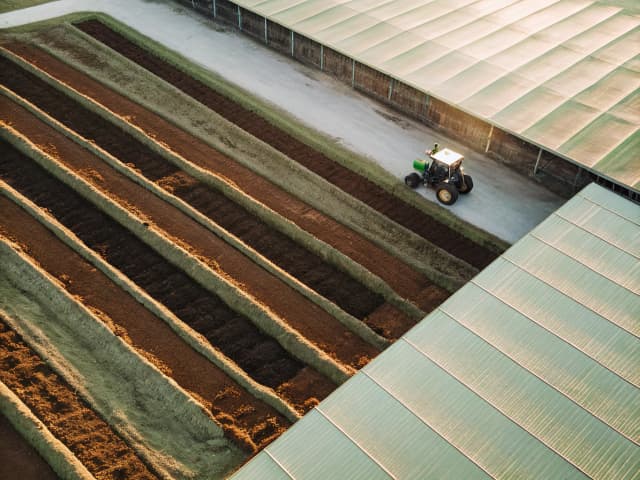
Solid waste: compostable materials.
- Establishes a new excluded-activities framework for composting under state law. - Raises on-site feedstock limits to 200 yd3 for private facilities or 500 yd3 for public. - Adds biomass-event exclusion for ag facilities not waste facilities with 5-year records. - Increases annual compost giveaways to 5,000 cubic yards and lets DRRR raise it by regulation.
Solid waste: compostable materials.

- Establishes a new excluded-activities framework for composting under state law. - Raises on-site feedstock limits to 200 yd3 for private facilities or 500 yd3 for public. - Adds biomass-event exclusion for ag facilities not waste facilities with 5-year records. - Increases annual compost giveaways to 5,000 cubic yards and lets DRRR raise it by regulation.

Fairs: allocation of revenues: gross receipts for sales and use tax.
Raises the fair funding share from 0.75% to 2% of prior-year gross receipts. CDTFA must add a reporting line and annually report totals to the Department of Finance. Funding to fairs is conditioned on nonmanagement workers receiving meal breaks and overtime pay.
Fairs: allocation of revenues: gross receipts for sales and use tax.

Raises the fair funding share from 0.75% to 2% of prior-year gross receipts. CDTFA must add a reporting line and annually report totals to the Department of Finance. Funding to fairs is conditioned on nonmanagement workers receiving meal breaks and overtime pay.

Stop Child Hunger Act of 2025.
Requires a statewide Summer EBT online application contingent on appropriation. Routes completed applications to local educational agencies to determine eligibility. Expands FRPM online access with privacy protections and essential program links. Requires translation into threshold CalFresh languages and devices for families on request.
Stop Child Hunger Act of 2025.

Requires a statewide Summer EBT online application contingent on appropriation. Routes completed applications to local educational agencies to determine eligibility. Expands FRPM online access with privacy protections and essential program links. Requires translation into threshold CalFresh languages and devices for families on request.

Major food allergens.
Adds sesame as a major food allergen. Requires applicable facilities to disclose allergens known or reasonably knowable in each item by July 1, 2026. Allows on-menu or digital allergen notices with alternatives and uses common names or pictograms. Exempts prepackaged federal-labeled foods and compact mobile or nonpermanent facilities.
Major food allergens.

Adds sesame as a major food allergen. Requires applicable facilities to disclose allergens known or reasonably knowable in each item by July 1, 2026. Allows on-menu or digital allergen notices with alternatives and uses common names or pictograms. Exempts prepackaged federal-labeled foods and compact mobile or nonpermanent facilities.
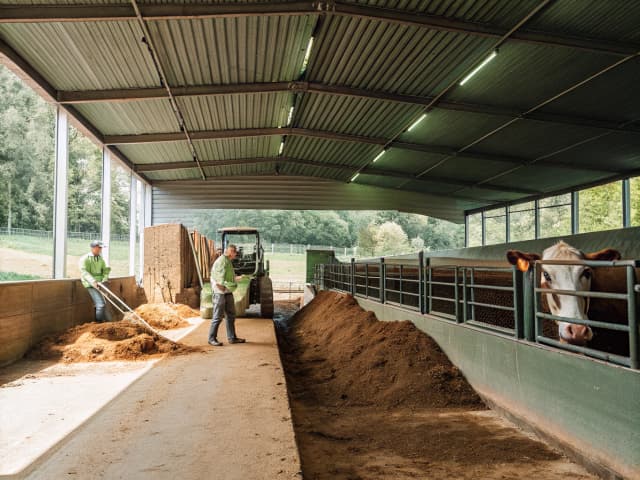
Livestock carcasses: disposal: composting.
Establishes a carve-out to compost livestock carcasses on-farm under BMPs. Adopts BMPs covering groundwater protection, public health, pile management, enforcement, and penalties. Imposes a 100 cubic yard onsite limit and requires material from the owner's sites. Notify local enforcement and regional water board within 30 days of starting.
Livestock carcasses: disposal: composting.

Establishes a carve-out to compost livestock carcasses on-farm under BMPs. Adopts BMPs covering groundwater protection, public health, pile management, enforcement, and penalties. Imposes a 100 cubic yard onsite limit and requires material from the owner's sites. Notify local enforcement and regional water board within 30 days of starting.

Accelerated restaurant building plan approval: California Retail Food Code: tenant improvements.
Establishes accelerated permitting for restaurant tenant improvements with indemnity. Allows a licensed architect or engineer with 5+ years experience and $2M liability to certify. Sets a 20-day decision window, 10-day resubmission reviews, and 20% weekly audits. Imposes liability for negligent plan review and discipline for false certification.
Accelerated restaurant building plan approval: California Retail Food Code: tenant improvements.

Establishes accelerated permitting for restaurant tenant improvements with indemnity. Allows a licensed architect or engineer with 5+ years experience and $2M liability to certify. Sets a 20-day decision window, 10-day resubmission reviews, and 20% weekly audits. Imposes liability for negligent plan review and discipline for false certification.

Migrant childcare and development programs.
Lowers the migrant family income threshold to 40% for at least one member. Preserves enrollment priorities based on mobility, proximity to agricultural areas, and seasonal work. Establishes cross-program consistency for income self-certification. Provides no new funding; a fiscal review will assess costs.
Migrant childcare and development programs.

Lowers the migrant family income threshold to 40% for at least one member. Preserves enrollment priorities based on mobility, proximity to agricultural areas, and seasonal work. Establishes cross-program consistency for income self-certification. Provides no new funding; a fiscal review will assess costs.

Business: retail food.
Extends COVID-era outdoor dining and temporary satellite service to 2029. Stops issuing new COVID-19 temporary catering authorizations after January 1, 2027. Requires a written integrated pest management and food safety plan for open-front dining and satellite areas, with annual updates. Enables open-front dining with plan approval and requires self-closure upon vermin observation; agencies cannot unreasonably deny pest plans.
Business: retail food.

Extends COVID-era outdoor dining and temporary satellite service to 2029. Stops issuing new COVID-19 temporary catering authorizations after January 1, 2027. Requires a written integrated pest management and food safety plan for open-front dining and satellite areas, with annual updates. Enables open-front dining with plan approval and requires self-closure upon vermin observation; agencies cannot unreasonably deny pest plans.
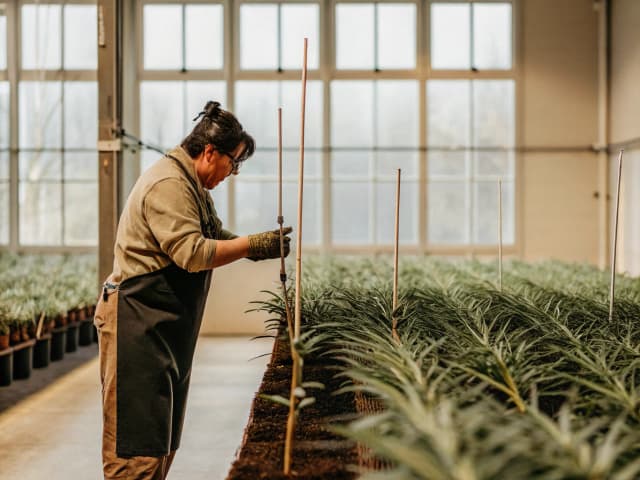
Agricultural commissions and reports.
Revamps avocado commission governance with alternate members and secretary oversight. Creates funding for reporting costs and defines toll processors for olives. Tightens grape crush reporting deadlines, data elements, confidentiality protections, and enforcement.
Agricultural commissions and reports.

Revamps avocado commission governance with alternate members and secretary oversight. Creates funding for reporting costs and defines toll processors for olives. Tightens grape crush reporting deadlines, data elements, confidentiality protections, and enforcement.
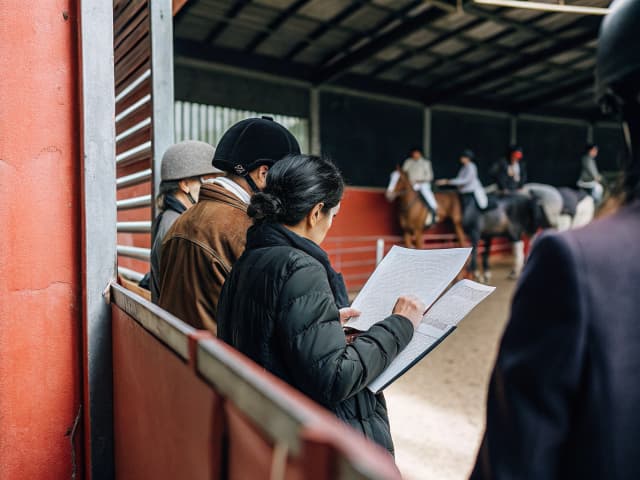
Horses: horse shows, competitions, and sales.
Raises thresholds to determine which equine events are regulated. Allows future threshold changes by regulation with advisory committee input. Preserves exclusions for racing-board events and certain rodeo-related activities. Does not specify penalties or operative date.
Horses: horse shows, competitions, and sales.

Raises thresholds to determine which equine events are regulated. Allows future threshold changes by regulation with advisory committee input. Preserves exclusions for racing-board events and certain rodeo-related activities. Does not specify penalties or operative date.
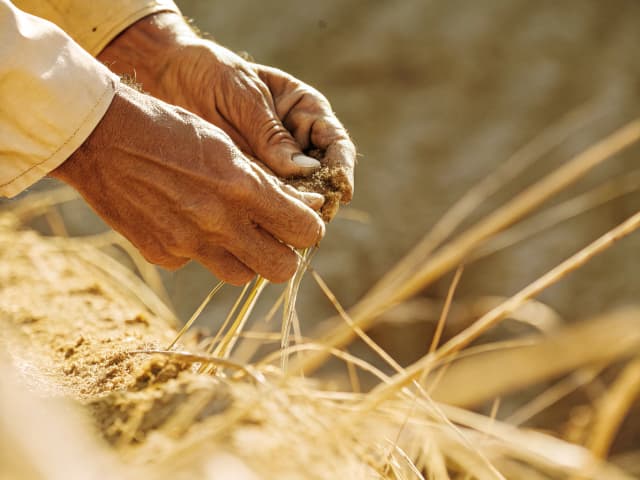
The Cannella Environmental Farming Act of 1995: Managed Honeybee Health Program.
Establishes the Managed Honeybee Health Program with advisory panel governance. Creates a subaccount to fund the program with nonstate, federal, and private funds. Authorizes grants for health interventions and research, with continuous appropriation. Sets grant priorities including disadvantaged communities and replication potential.
The Cannella Environmental Farming Act of 1995: Managed Honeybee Health Program.

Establishes the Managed Honeybee Health Program with advisory panel governance. Creates a subaccount to fund the program with nonstate, federal, and private funds. Authorizes grants for health interventions and research, with continuous appropriation. Sets grant priorities including disadvantaged communities and replication potential.
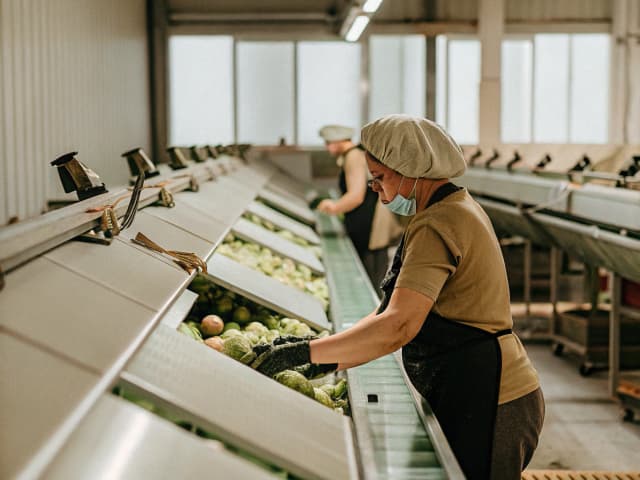
Short-lived climate pollutants: recovered organic waste product: agricultural crop preparation service.
Establishes an exemption for crop preparation services not disposing waste in landfills since 2016. Requires the department to develop a form and method to verify exemption eligibility. Maintains the existing organic waste rules for non-exempt entities and related enforcement. Facilitates department guidance and may shift regulatory workload.
Short-lived climate pollutants: recovered organic waste product: agricultural crop preparation service.

Establishes an exemption for crop preparation services not disposing waste in landfills since 2016. Requires the department to develop a form and method to verify exemption eligibility. Maintains the existing organic waste rules for non-exempt entities and related enforcement. Facilitates department guidance and may shift regulatory workload.

CalFresh: data sharing.
Remakes CalFresh data sharing by ending explicit public-entity sharing. Adds executive-level reporting on implementation. Authorizes the department to identify data-sharing opportunities with other public entities. Delivers no new funding or penalties.
CalFresh: data sharing.

Remakes CalFresh data sharing by ending explicit public-entity sharing. Adds executive-level reporting on implementation. Authorizes the department to identify data-sharing opportunities with other public entities. Delivers no new funding or penalties.
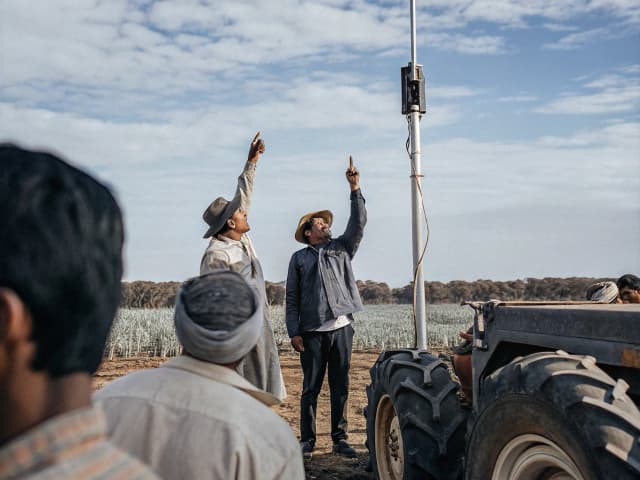
Agriculture: Cannella Environmental Farming Act of 1995.
Establishes a new sustainable agriculture program providing research grants and assistance for climate-resilient farming. Expands the Scientific Advisory Panel from 9 to 11 members to guide sustainable agriculture initiatives. Requires at least 25% of technical assistance funds to support socially disadvantaged farmers. Authorizes equipment sharing programs and funding for regional agricultural equipment hubs.
Agriculture: Cannella Environmental Farming Act of 1995.

Establishes a new sustainable agriculture program providing research grants and assistance for climate-resilient farming. Expands the Scientific Advisory Panel from 9 to 11 members to guide sustainable agriculture initiatives. Requires at least 25% of technical assistance funds to support socially disadvantaged farmers. Authorizes equipment sharing programs and funding for regional agricultural equipment hubs.

Community facilities district: inclusion or annexation of territory: County of San Mateo.
Allows San Mateo County to add shoreline properties to community facilities districts without owner consent. Applies only to properties with existing development or development entitlements. Prevents landowners from terminating conservation easements until district liens are released. Creates exception to state law due to unique San Francisco Bay conservation requirements.
Community facilities district: inclusion or annexation of territory: County of San Mateo.

Allows San Mateo County to add shoreline properties to community facilities districts without owner consent. Applies only to properties with existing development or development entitlements. Prevents landowners from terminating conservation easements until district liens are released. Creates exception to state law due to unique San Francisco Bay conservation requirements.
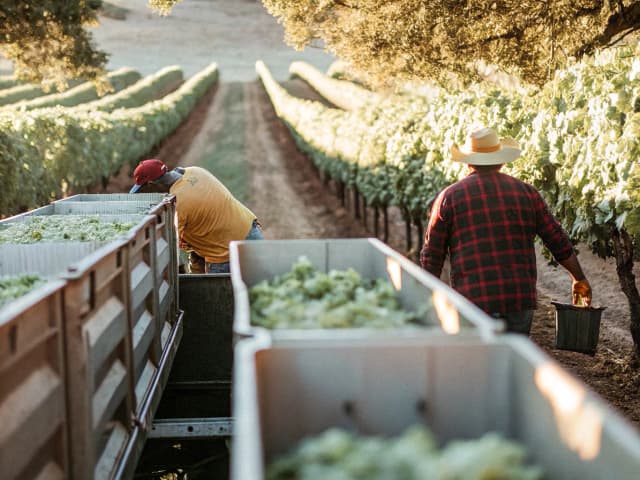
California Table Grape Commission.
Expands powers of the California Table Grape Commission to conduct research and promote grape sales. Increases the maximum assessment on fresh grape shipments from $0.006522 to $0.02 per pound. Establishes new procedures for producer grievances and appeals to the Secretary of Food and Agriculture. Revises district boundaries and nomination processes for commission members.
California Table Grape Commission.

Expands powers of the California Table Grape Commission to conduct research and promote grape sales. Increases the maximum assessment on fresh grape shipments from $0.006522 to $0.02 per pound. Establishes new procedures for producer grievances and appeals to the Secretary of Food and Agriculture. Revises district boundaries and nomination processes for commission members.